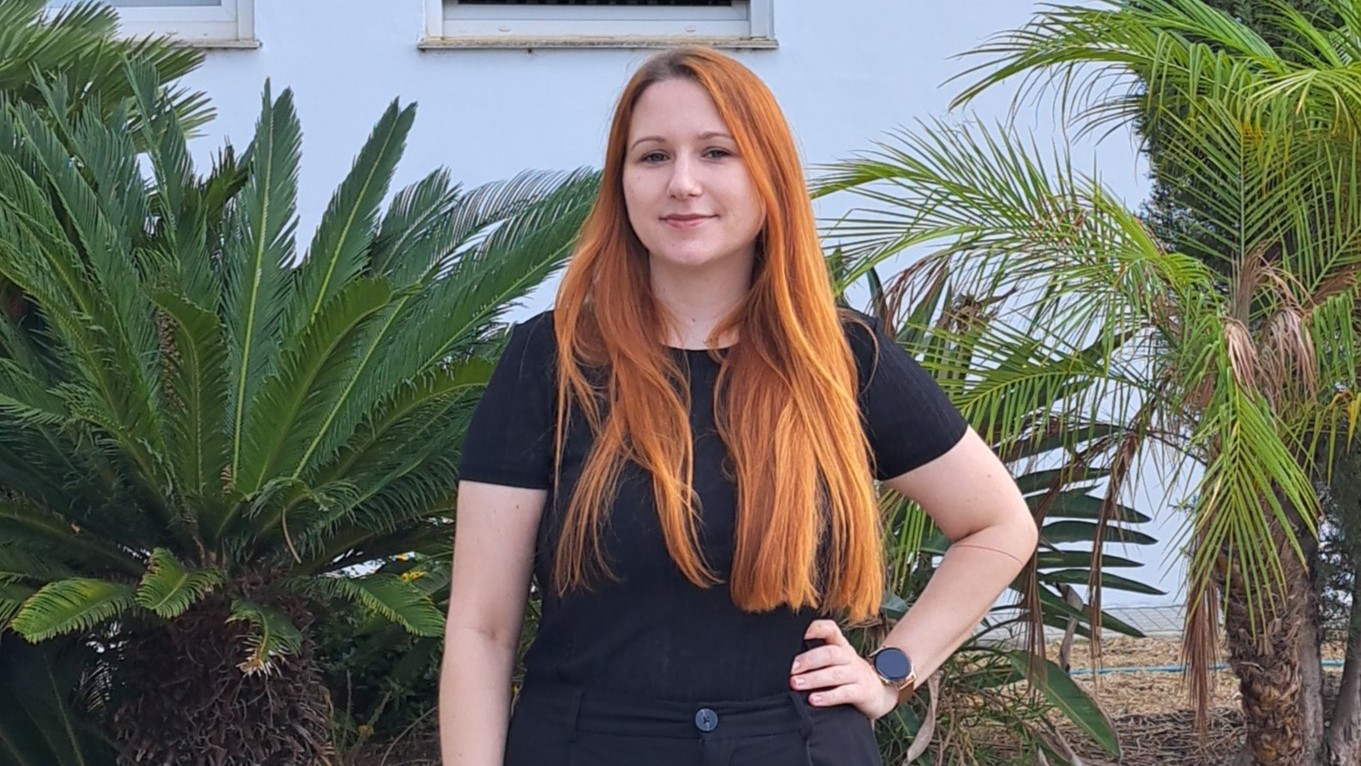New Research Highlights Growing Threat of Trace Metals in Coastal Waters Due to Climate Change

dr. sc. Saša Marcinek
Recent findings published in the prestigious Communications Earth & Environment journal underscore an escalating concern for the increasing levels of toxic metals in coastal waters, intensified by ongoing climate change. This international research, spearheaded by the Ruđer Bošković Institute (IRB) alongside global partners from Australia, Brazil, India, and Germany, reveals significant rises in the concentrations of harmful metal(loid)s, including lead, mercury, arsenic, and cadmium.
Dr. Saša Marcinek from IRB’s Laboratory for Physical Chemistry of Traces at the Department for Marine and Environmental Research, and co-leading author of the study alongside Dr. Rebecca Zitoun from the Geomar Helmholtz Centre for Ocean Research in Kiel, Germany, warns of the severe implications. “Naturally present in minor amounts in coastal seas, the concentration of metals like lead, mercury, and cadmium has surged due to human activities such as industry, agriculture, and fossil fuel combustion. Compounded by climate change effects like increased Arctic precipitation, sea ice melt, and extreme flooding, these metals pose a growing threat to marine life and human health,” Dr. Marcinek explains.
The study titled “Climate change driven effects on transport, fate, and biogeochemistry of trace element contaminants in coastal marine ecosystems” compiles research outcomes from the United Nations Joint Group of Experts on the Scientific Aspects of Marine Environmental Protection (GESAMP)’s Working Group. This group was initiated by Prof. Sylvia Sander from the Geomar Helmholtz Centre and focuses on the under-researched area of trace metals as marine pollutants.
A notable finding from the study is the increased mercury levels in Arctic waters due to glacier melt and coastal erosion, which releases more mercury from natural sources. This poses a particular threat to communities reliant on traditional fishing as mercury accumulates through the food chain and can end up in our diet via contaminated fish.
“Our working group has concentrated on the impacts of climate change and greenhouse gases on trace metals as pollutants in oceans, a significantly understudied field,” says Dr. Sander.
In addition to natural processes, human activities have dramatically escalated the global flow of toxic metals. “The flow of metals like silver, increasingly found in coastal waters, stems from coal combustion and the growing use of silver nanoparticles in antibacterial products. Moreover, shipping and plastic use contribute to the spread of heavy metals. Plastics can bind metals like copper, zinc, and lead from water, which then enter the food chain,” Professor Sander adds.
The research indicates a critical need for increased studies on new and less-understood pollutants, improved models, and legislative adjustments to better control and mitigate the impacts of pollutants on the seas.
Dr. Dario Omanović, corresponding author and head of the IRB’s Laboratory for Physical Chemistry of Traces, concludes, “To better understand the impact on marine ecosystems and human health, it is imperative to fill knowledge gaps on the influence of climate change on pollutants, develop standardized analytical methods for globally comparable data, and, importantly, enhance risk assessment protocols and legislative frameworks. This contributes to strengthening marine protection and developing sustainable solutions for vulnerable coastal areas.”


